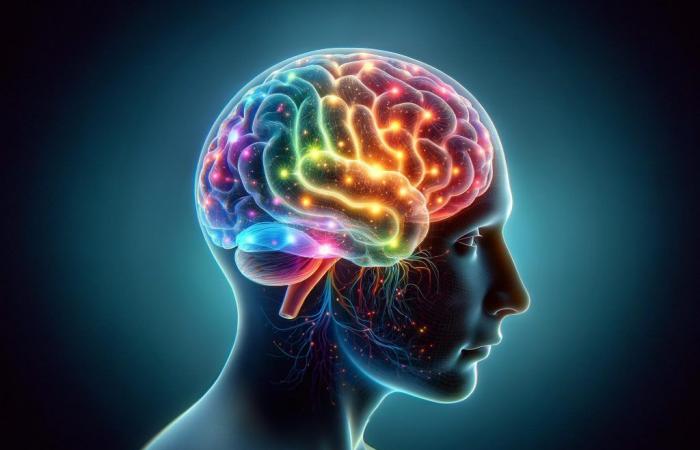Antidepressants like SSRIs work by stimulating neuroplasticity and connectivity in the brain, providing a new perspective on their role in treating depression, beyond the serotonin theory. Credit: Issues.fr.com
The serotonin-boosting actions of antidepressants are essential and relieve depression by restoring normal communication and connections in the brain.
New research highlights that SSRIs and other antidepressants treat depression not by correcting a serotonin imbalance, but by promoting neuroplasticity and improving communication between brain regions, reshaping clinical discussions about their effectiveness.
New research on antidepressants
Scientists at the University of Colorado Anschutz Medical Campus have established a new framework for understanding how traditional antidepressants work in the treatment of major depressive disorder (MDD), re-emphasizing their importance and aiming to reframe the clinical conversation around their role in treatment.
The nature of the dysfunction that causes MDD has been under investigation for decades. Conventional antidepressants, such as SSRIs (selective serotonin reuptake inhibitors, such as Prozac) cause elevated levels of the brain chemical messenger serotonin. This observation led to the idea that antidepressants work because they restore a chemical imbalance, such as a lack of serotonin. However, subsequent years of research showed no significant decrease in serotonin in people with depression. Although experts have moved away from this hypothesis due to the lack of concrete evidence, this has led to a shift in public opinion regarding the effectiveness of these drugs.
A new framework for understanding MDD treatments
Antidepressants, such as SSRIs and serotonin norepinephrine reuptake inhibitors (SNRIs), however, remain effective in relieving depressive episodes in many patients. In an article published in Molecular Psychiatry, researchers describe a new framework for understanding the effectiveness of antidepressants in the treatment of MDD. This framework helps clarify how antidepressants like SSRIs are still helpful, even if MDD is not caused by a lack of serotonin.
“The best evidence for changes in the brain in people with MDD is that certain regions of the brain do not communicate normally with each other,” says Scott Thompson, PhD, professor in the department of psychiatry at the University of Medicine School of Medicine. Colorado and senior director. author. “When the parts of the brain responsible for reward, happiness, mood, self-esteem, and even problem solving in some cases, don’t communicate properly with each other, they can’t do their job correctly.
The role of neuroplasticity in the treatment of MDD
“There is good evidence that antidepressants that increase serotonin, such as SSRIs, all work by restoring the strength of the connections between these brain regions. The same goes for new therapies such as esketamine and psychedelics. This form of neuroplasticity helps free brain circuits from being “stuck” in a pathological state, ultimately leading to a restoration of healthy brain function,” Thompson said.
Thompson and his colleagues liken this theory to a car that goes off the road and gets stuck in a ditch, requiring the help of a tow truck to get the car out of its stuck state, allowing it to move freely on the road .
Implications for clinical practice
The researchers hope health care providers will use their examples to strengthen conversations with patients worried about these treatments, helping them better understand their illness and how to treat it.
“We hope this framework will provide clinicians with new ways to communicate about how these treatments work in the fight against MDD,” said C. Neill Epperson, MD, Robert Freedman Endowed Professor and chair of the Department of Psychiatry at the University of Colorado School of Medicine and co-author of the article.
“Much of the public debate around the effectiveness of antidepressants and the role serotonin plays in diagnosis and treatment has been negative and largely dangerous. Although MDD is a heterogeneous disorder with no one-size-fits-all solution, it is important to emphasize that if a treatment or medication works for you, then it may save your life. Understanding how these medications promote neuroplasticity can help reinforce this message.






